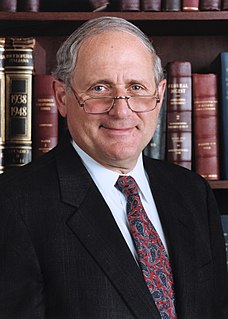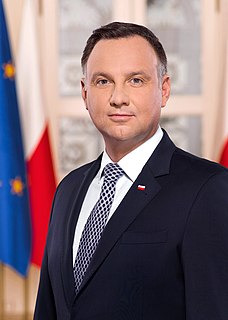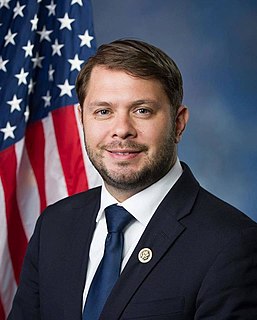A Quote by Joseph Stiglitz
Now it is unambiguously clear that trickle-down economics does not work. But what does that mean? That means we have to structure our economic policies to make sure that we have shared prosperity. And you don't do that by giving a tax cut to the big winners and raising taxes on those who have not done very well. Your economic policy has to respond to the way our economic system has been working.
Related Quotes
I think that one of the things that we all agree to is that the touchstone for economic policy is, does it allow the average American to find good employment and see their incomes rise; that we can't just look at things in the aggregate, we do want to grow the pie, but we want to make sure that prosperity is spread across the spectrum of regions and occupations and genders and races; and that economic policy should focus on growing the pie, but it also has to make sure that everybody has got opportunity in that system.
We have to have a shared prosperity. We have to make that our job number one. People want a better economic playing field for working Americans. And they're voting for it. Our job is to make sure that people know that the Democratic party is the party that is going to deliver that for them. And that means strengthening the grassroots. That means strengthening the local precinct county level and making sure that we're all channeled on massive turnout for that program.
Some people continue to defend trickle-down theories which assume that economic growth, encouraged by a free market, will inevitably succeed in bringing about greater justice and inclusiveness in the world. This opinion, which has never been confirmed by the facts, expresses a crude and naive trust in the goodness of those wielding economic power and in the sacralized workings of the prevailing economic system.
If they understand, which I believe they really are sensing, that the alternative the Republicans have been offering is to repeal what we've done, to go back to Bush policies - and if you asked the public what would you prefer, Bush economic policies or Obama economic policies, they take and prefer Obama economic policies.
We need to use economic instruments such as carbon taxes, cap and trade, tax and dividend and whatever else to help incentivize behavior that will move us to a post-carbon, post-animal agriculture world, and make our societies more resilient to the shocks that are already baked into the system. But that doesn't make climate change an "economic issue."
The cash register did more for human morality than the Congregational Church. It was a really powerful phenomenon to make an economic system work better, just as, in reverse, a system that can be easily defrauded ruins a civilization. A system that's very hard to defraud, like a cash register, helped the economic performance of a civilization by reducing vice, but very few people within economics talk about it in those terms.
We are well-placed internationally right now and this government has been very clear in stating that our continued concern and vision for this country is to see that long-term economic growth and prosperity, build on the track record of one million net new jobs. These are things Canadians want -- to have steady hands on the tiller and that's what's been done today.
A lot of young Poles, very well educated ones, are living in Britain. They are working hard. Of course they are building their own prosperity, but they are also contributing to the economic prosperity of the United Kingdom and surely I can say - and this is underpinned by the economic data - they bring in more than they take away.





































